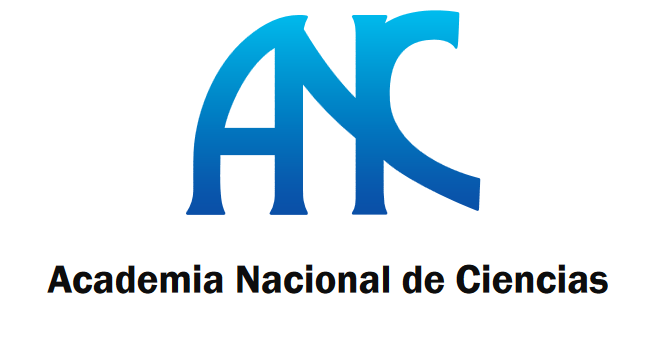International Organizations, Commissions and Working Groups

Active participation is taken in committees where the National Academy of Sciences is represented.
Currently, work is being done on commissions classified as:
Representations of the Academy in International Organizations:
Website: https://www.interacademies.org
Representative: ANC President, Dr. Walter Fernández
Contact: Secretary of the ANC, Dr. Hugo Hidalgo
The InterAcademy Partnership (IAP), unites more than 140 national, regional and global academies, working together to support the vital role of science in finding evidence-based solutions to the world's most challenging problems.
The National Academy of Sciences of Costa Rica formally requested to be part of IAP in 2022
https://www.interacademies.org/organization/national-academy-sciences-costa-rica-anc
Website: https://ianas.org
Representative: ANC President, Dr. Walter Fernández.
IANAS is a regional network of Academies of Sciences created to support cooperation towards strengthening science and technology as a tool to promote research and development, prosperity and equity in the Americas.
It has five programmes with four ANC focal points: Women in Science, Water, Energy, Education, and Food Safety and Nutrition. These focal points are:
Women in Science: Dra. Henriette Raventós
Water: Dr. Hugo Hidalgo
Energy: Dr. Julio Mata
Education: Dr. Gabriel Macaya
Food Security and Nutrition: There are no people
Website: https://council.science
Representative: President of the ANC, Dr. Walter Fernandez
The ISC brings together the scientific expertise and resources needed to lead the catalysis, incubation and coordination of international actions with impact on issues of great scientific and public importance.
It has several scientific unions, among which the Academy is a member of IUGG (International Union of Geodesy And Geophysics – Union Geodesique et Geophysique Internationale). The IUGG National Committee is chaired by Dr. Marino Protti and Dr. Walter Fernández is the Secretary General.
Website: http://www.iugg.org/
The National Committee is chaired by Dr. Marino Protti and Dr. Walter Fernández is the Secretary General.
Its objectives are the promotion and coordination of physical, chemical, and mathematical studies of the Earth and its outer space environment. These studies include the shape of the Earth, its gravitational and magnetic fields, Earth dynamics, Earth's internal structure, composition and tectonics, magma generation, volcanism, rock formation and hydrology, the cycle including snow and ice, all aspects of the oceans, atmosphere, ionosphere, magnetosphere, and solar-terrestrial relations, and analogous problems associated with the Moon and other planets.
It is made up of several associations, among which are the International Association of Hydrological Sciences, whose National Correspondent is Dr. Hugo Hidalgo, and the International Association of Seismology and Physics of the Earth's Interior, whose National Correspondent is Dr. Marino Protti.
Website: https://www.internationalhrnetwork.org/
Academy Representative: Dr. Pedro León
It addresses serious issues of science and human rights, in particular the cases of scientists, academics, engineers and health professionals around the world who are subject to severe repression, solely for having non-violently exercised their rights under the Universal Declaration of Human Rights.
Currently, academies of science and learned societies from approximately 90 countries are affiliated to IHRN; each is represented by an internationally distinguished member who is also a human rights defender.
Website: https://www.redpop.org/
Representative of the ANC: M.Sc. Dayana Mora
Its general objective is to contribute to the strengthening, exchange and active cooperation between groups, programs and centers for the popularization of science and technology (S&T) in Latin America and the Caribbean. It is also responsible for stimulating and supporting the development of new initiatives for the popularization of S&T in the region.
Government Commissions:
Law No. 7664 on Plant Health Protection; its composition, powers and functions are established in the Decree No. 26921-MAG.
MSc Giovanni Garro Monge, Full Member (ANC-140-2023)
Dr. Marta Valdez Melara, Alternate Member (ANC-074-2023)
In Article 111 of Executive Decree 26921-MAG: Regulations to the Plant Health Protection Law, the functions of CTNBio are established, which include advising the State Phytosanitary Service in making decisions on the importation, mobilization, experimentation, release into the environment, multiplication, commercialization or any other activity with organisms that are the product of modern biotechnology, including those obtained by genome editing, as well as modified living organisms used in agriculture, which may represent an unacceptable risk to the environment, human or animal health or agricultural production activities.
According to Executive Decree 44020-MAG, published in La Gaceta 105 dated May 3, 2023, the composition of CTNBio was amended. Among the entities that make up the Commission, the National Academy of Sciences (ANC) is represented by a full member and an alternate to replace the full member in his absence.
Representative: Dr. Alfredo Alvarado Hernández
Law 7779 on the Use, Management and Conservation of Soils.
Article 1º—In order to protect, conserve and improve soils, prevent erosion and degradation due to various natural or artificial causes, state or private action is declared to be of public interest and utility for the integrated and sustainable management of soils in harmony with other resources and natural wealth throughout the national territory, in accordance with the provisions of Article 3 of Law 7779 of April 30, 1998.
Law 7779 recognizes and declares that soil, as a natural resource, constitutes the asset of greatest patrimonial and productive importance for the agricultural enterprise, according to the corresponding classification and methodology. It establishes a platform to promote the management, conservation and recovery of soils in a sustained and integrated manner with other natural resources; facilitates mechanisms for coordinated institutional action, oriented towards balanced use between the capacity for use and the productive potential of soils; encourages the active participation of communities in the construction of decisions on the management and conservation of soils; promotes the implementation and control of improved practices in land use systems that prevent erosion or other forms of resource degradation; promotes conservation agriculture as a way of achieving convergence between the objectives of production and the conservation of soil and water resources. It declares state and private action for the management, conservation and recovery of soil to be of public interest.
Representative: Dr. Marito Protti
This award is intended to recognize the scientific work of Costa Rican researchers who have contributed to the development of knowledge, as well as to social progress and well-being in an extraordinary and exemplary manner at the national and international level. It is governed by Decree No. 41128-MICITT, which establishes this award.
It is awarded annually to a person for his or her outstanding career in the field of scientific research. A jury in the field of science is in charge of evaluating the reports submitted.
The award consists of a commemorative statuette, a scroll of recognition and a sum equal to ten times the base salary of a Civil Service 2 professional.
The National Science Award and the Dr. Clodomiro Picado Twight National Technology Award are sponsored and awarded by MICITT and are presented through a special ceremony, according to the award ceremony schedule established by this Ministry.
High Level Committee, Dr. Giselle Tamayo
Technical Committee, M.Sc. Dayana Mora
Renewed in August, 2022
The Ministry of Science, Innovation, Technology and Telecommunications (Micitt) together with allied institutions and organizations seek to promote gender equality in training, employment and the enjoyment of the products of science, technology, telecommunications and innovation
Dr. Julio Calvo Alvarado.
Created in 2021
The National Policy on Knowledge-Based Society and Economy (PNSEBC) seeks, through a participatory and consensual construction with actors from civil society, the private sector and academia, to articulate the country's efforts in a long-term vision, with respect to scientific-technological progress, as well as its economic, social and environmental impact.
The PNSEBC is built on five strategic axes, which are binding for the development of our country: Knowledge generation, Human talent, Transformative innovation, Digital government and Digital transformation; actions must be articulated around these axes that allow all people access to the scientific and technological advances of the country, through solid innovation processes and taking advantage of the use of telecommunications networks by reducing the digital divide.
This policy is based on the possibilities offered by scientific and technological development.
to improve productivity through human talent capable of implementing innovation and boosting competitiveness.
This is how this policy guides the actions necessary for scientific-technological development and telecommunications to contribute to the country from a comprehensive perspective, and with a
shared vision with society, for sustainable development of the territory, economic growth, social mobility and inclusion.
Representative: Eng. David Chacón Robles (ANC-134-2023)
As of April 29, 2020, with the publication of Executive Decree No. 35216-MINAE-MAG, entitled "Establishment of the National Soil Management and Conservation Plan for Agroecological Use Lands in Costa Rica" and Repeal of Articles 1, 2 and 3 of Executive Decree No. 35216- MINAET-MAG, "Officialization of the National Action Program to Combat Land Degradation in Costa Rica and Modification of the Executive Decree Creating the Advisory Commission on Land Degradation-CADETI". This Decree corrects the instrumental limitation of the Soils Law 7779, regarding the need to have a National Soil Plan prior to the formation of the Area Committees.
Representante de la ANC: MSc. Dayana Mora Solórzano.
Commissions and Working Groups established in accordance with the Strategic Plan 2023-2027 of the National Academy of Sciences:
Pedro Leon- Coordinator
MaryJane West-Eberhard
Jorge Marino Protti
Ramiro Barrantes
Walter Fernández
Julio C. Calvo Alvarado- Coordinator
Eugenia María Flores Vindas
Guillermo E. Alvarado Induni
Jorge Cortés
Walter Fernández
Henriette Raventós- Coordinadora
Marino Protti
Priscila Chaverri
Rolando Herrero Acosta
Sandra Cauffman
Giselle Tamayo- Coordinator
Jorge Cortés
María Laura Arias Echandi
Marino Protti
Mary Jane West- Eberhard
Pedro León
Ricardo Estrada
Hugo Hidalgo- Coordinator
Jorge Amador
Luko Hilje
Odalisca Breedy
Sandra Cauffman
Rodrigo Gámez
Walter Fernández
Gabriel Macaya- Coordinator
Eugenia María Flores Vindas
Paul Eliot Hanson Snortum
Ramiro Barrantes
Walter Fernández
Julio C. Calvo Alvarado- Coordinator
Bruno Lomonte
Giselle Tamayo
Jose Maria Gutierrez- Coordinator
Catharina (Ineke) Wesseling
Edgardo Moreno
Henriette Raventós
Luis Rosero
Rolando Herrero
